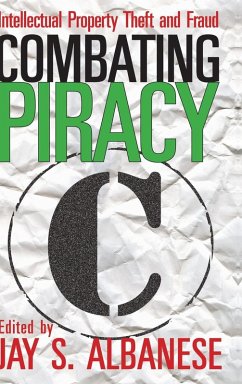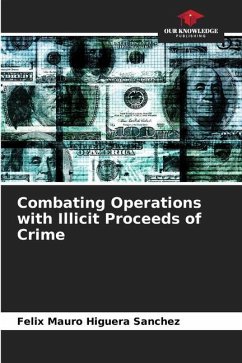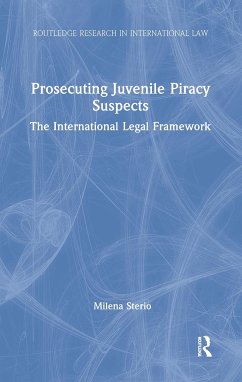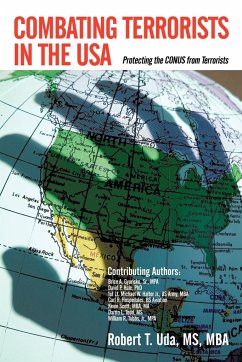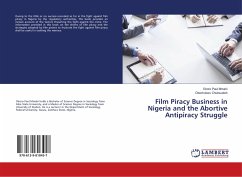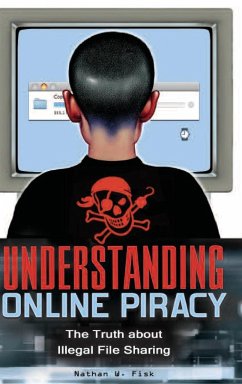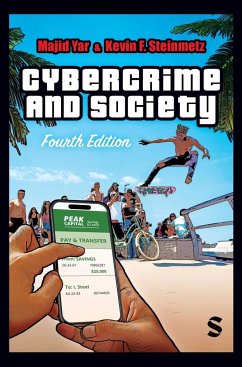
Combating Piracy
Intellectual Property Theft and Fraud
Herausgeber: Albanese, Jay S.
Versandkostenfrei!
Versandfertig in 1-2 Wochen
58,99 €
inkl. MwSt.
Weitere Ausgaben:

PAYBACK Punkte
29 °P sammeln!
Fraud and piracy of products and ideas have become common in the early twenty-first century, as opportunities to commit them expand, and technology makes fraud and piracy easy to carry out. In Combating Piracy: Intellectual Property Theft and Fraud, Jay S. Albanese and his contributors provide new analyses of intellectual property theft and how perpetrators innovate and adapt in response to shifting opportunities. The cases described here illustrate the wide-ranging nature of the activity and the spectrum of persons involved in piracy of intellectual property. Intellectual property theft inclu...
Fraud and piracy of products and ideas have become common in the early twenty-first century, as opportunities to commit them expand, and technology makes fraud and piracy easy to carry out. In Combating Piracy: Intellectual Property Theft and Fraud, Jay S. Albanese and his contributors provide new analyses of intellectual property theft and how perpetrators innovate and adapt in response to shifting opportunities. The cases described here illustrate the wide-ranging nature of the activity and the spectrum of persons involved in piracy of intellectual property. Intellectual property theft includes stolen copyrights, trademarks, trade secrets, and patents, which represent the creative work of individuals for which others cannot claim credit. The distributors of books, movies, music, and other forms of intellectual property pay for this right, and those who distribute this work without compensation to its creator effectively hijack or "pirate" that property without the owner's or distributor's permission. The problem has grown to the point where most software in many parts of the world is pirated. The World Health Organization estimates that 10 percent of all pharmaceuticals available worldwide are counterfeit. Such widespread fraud illustrates the global reach of the problem and the need for international remedies that include changed attitudes, public education, increasing the likelihood of apprehension, and reducing available opportunities. The contributors show that piracy is a form of fraud, a form of organized crime, a white-collar crime, a criminal activity with causes we can isolate and prevent, and a global problem. This book examines each of these perspectives to determine how they contribute to our understanding of the issues involved.





